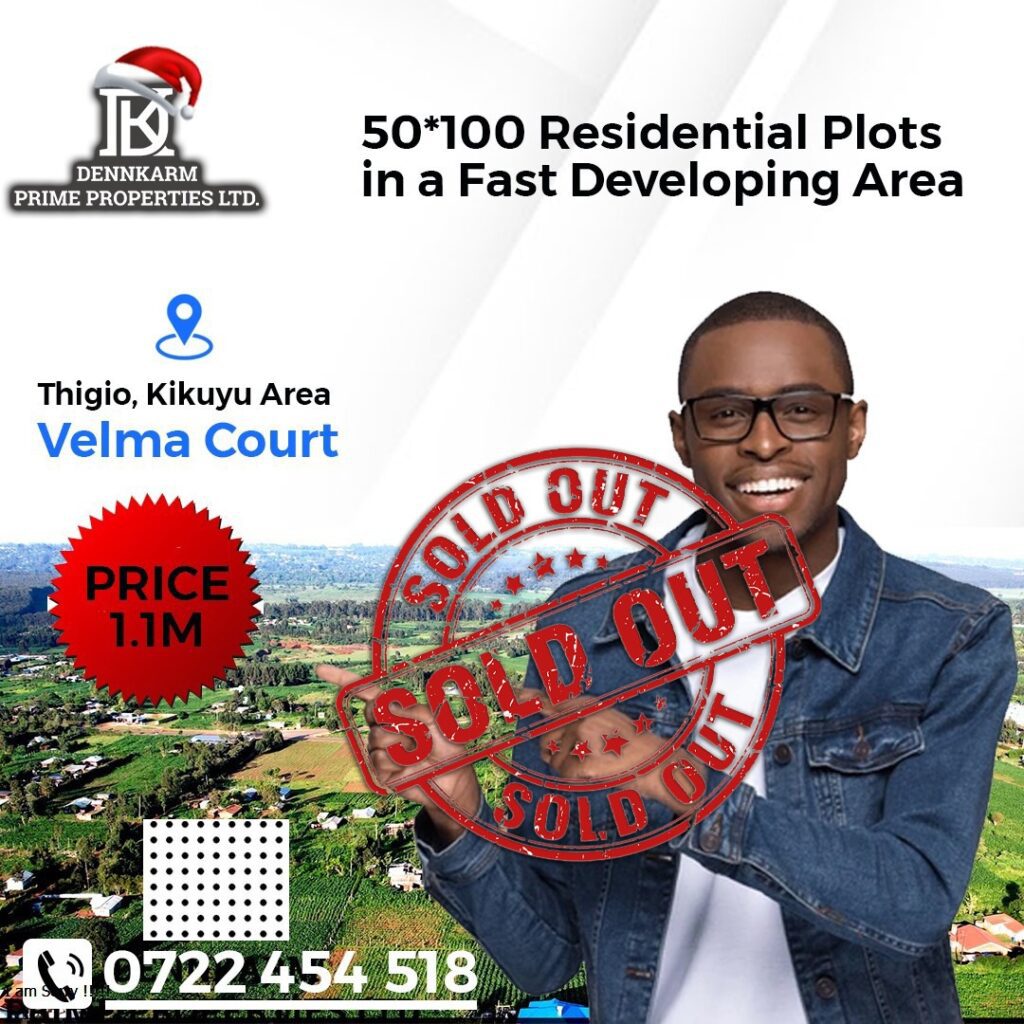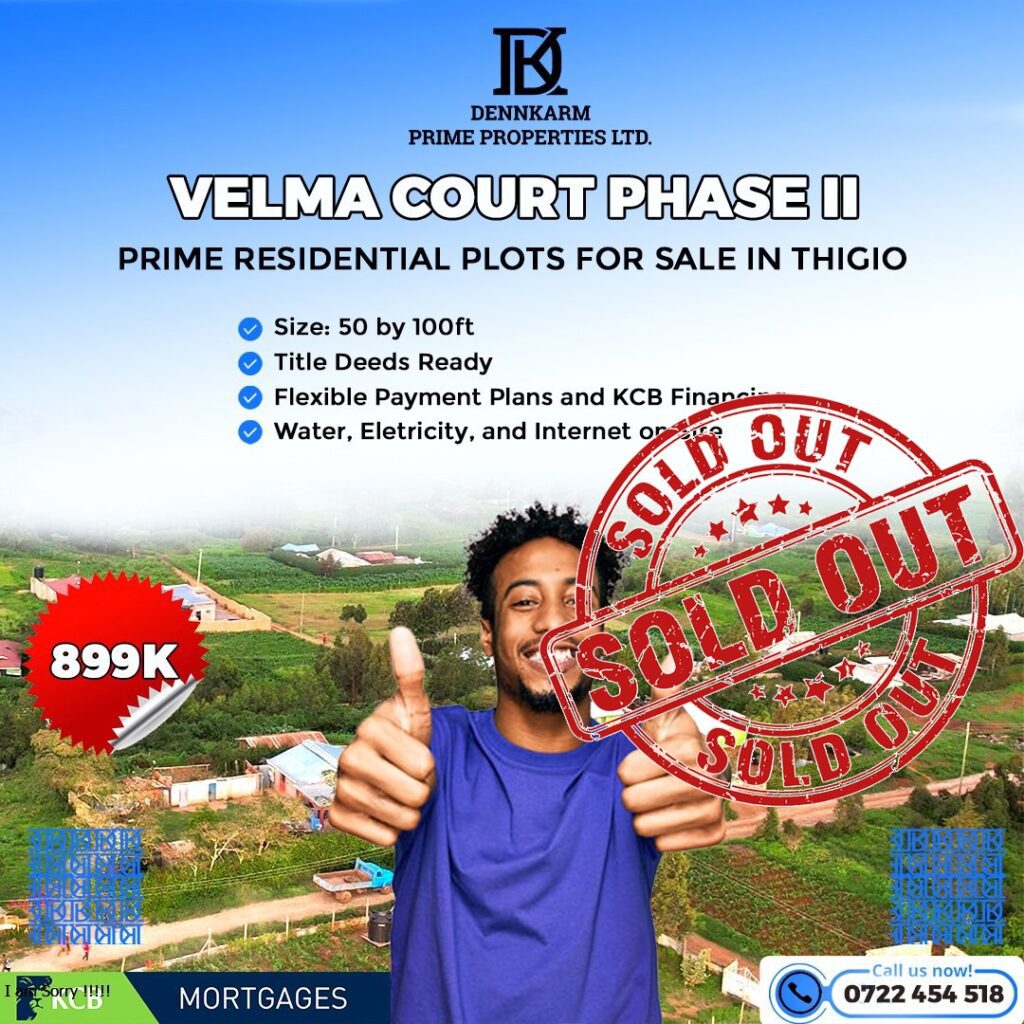Table of Contents
- Introduction
- The Growing Demand for Sustainable Living in Kenya
- Energy-Efficient Building Designs
- Use of Eco-Friendly Construction Materials
- Water Conservation and Rainwater Harvesting
- Renewable Energy Integration in Real Estate
- Smart Waste Management Solutions
- Green Spaces and Sustainable Landscaping
- Government Incentives and Policies for Green Buildings
- Conclusion
- Additional Resources
- Call to Action
1. Introduction
As environmental concerns rise, sustainable living is becoming a key factor in Kenya’s real estate market. Developers, homeowners, and investors are increasingly prioritizing eco-friendly building practices. These practices reduce carbon footprints, lower costs, and promote healthier living spaces.
Dennkarm Prime Properties, a leader in real estate investment in Kenya, particularly in Thigio in Kikuyu, is embracing these trends, ensuring that modern property developments align with global sustainability goals. This guide explores seven green building practices shaping Kenya’s real estate industry in 2025.
2. The Growing Demand for Sustainable Living in Kenya
With climate change and depleting natural resources, Kenyan property buyers are shifting towards sustainable homes that offer long-term cost savings and environmental benefits. Green buildings reduce energy consumption, minimize waste, and enhance overall quality of life. Government initiatives and private sector efforts are also driving demand for eco-conscious developments.
3. Energy-Efficient Building Designs
Energy-efficient architecture is revolutionizing real estate in Kenya. Developers are incorporating passive solar designs, natural ventilation, and optimized insulation to reduce dependency on artificial heating and cooling systems. Features like large windows, reflective roofing, and insulated walls enhance energy conservation, making buildings more sustainable.
4. Use of Eco-Friendly Construction Materials
Traditional construction materials contribute significantly to environmental degradation. Sustainable alternatives such as bamboo, recycled steel, compressed earth blocks, and low-carbon cement are gaining popularity in Kenya. These materials not only reduce waste but also offer durability and cost-effectiveness, promoting a greener real estate sector.
5. Water Conservation and Rainwater Harvesting
Water scarcity is a growing concern in Kenya, making conservation techniques crucial in real estate. Developers are integrating rainwater harvesting systems, greywater recycling, and water-efficient plumbing fixtures in buildings. These innovations help reduce reliance on municipal water supplies while promoting sustainable water management.
6. Renewable Energy Integration in Real Estate
Solar power adoption is on the rise, with many homeowners and businesses installing solar panels to generate clean electricity. Wind and biogas energy solutions are also being explored in commercial and residential developments. Investing in renewable energy not only cuts utility costs but also contributes to a lower carbon footprint.
7. Smart Waste Management Solutions
Efficient waste management is essential for sustainable living. Many real estate projects in Kenya now incorporate recycling stations, composting areas, and waste-to-energy technologies. These practices help minimize landfill waste, lower pollution levels, and promote a circular economy within communities.
8. Green Spaces and Sustainable Landscaping
Urban developments are now prioritizing green spaces, such as community gardens, vertical forests, and eco-parks. These spaces improve air quality, support biodiversity, and enhance the aesthetic appeal of properties. Sustainable landscaping techniques, like xeriscaping, help conserve water while maintaining beautiful outdoor environments.
9. Government Incentives and Policies for Green Buildings
The Kenyan government is encouraging sustainable development through tax incentives, green building certifications, and regulatory frameworks. Programs like the Kenya Green Building Society (KGBS) are promoting environmentally responsible construction. Investors who adopt green practices benefit from lower operational costs and increased property value.
10. Conclusion
The future of real estate in Kenya lies in sustainable development. With growing awareness, investor interest, and government backing, green building practices are shaping the industry. Dennkarm Prime Properties is committed to guiding investors toward eco-friendly property opportunities, especially in high-growth areas like Thigio in Kikuyu.
11. Additional Resources
- Kenya Green Building Society (KGBS) – Visit Website
- Kenya Ministry of Environment and Forestry – Read More
- Visit Dennkarm Prime Properties. – Learn More
- Capital Gains Now at 15%: What It Means for Property Sellers
- 4 Promising Up and Coming Real Estate Hotspots in Kenya
- 5 Best Ways to Finance Land in Kenya
12. Call to Action
Join the green revolution in Kenya’s real estate market! Explore eco-friendly property investments with Dennkarm Prime Properties in Thigio in Kikuyu and beyond. Contact us today for expert insights and exclusive investment opportunities.
Visit Dennkarm Prime Properties.



